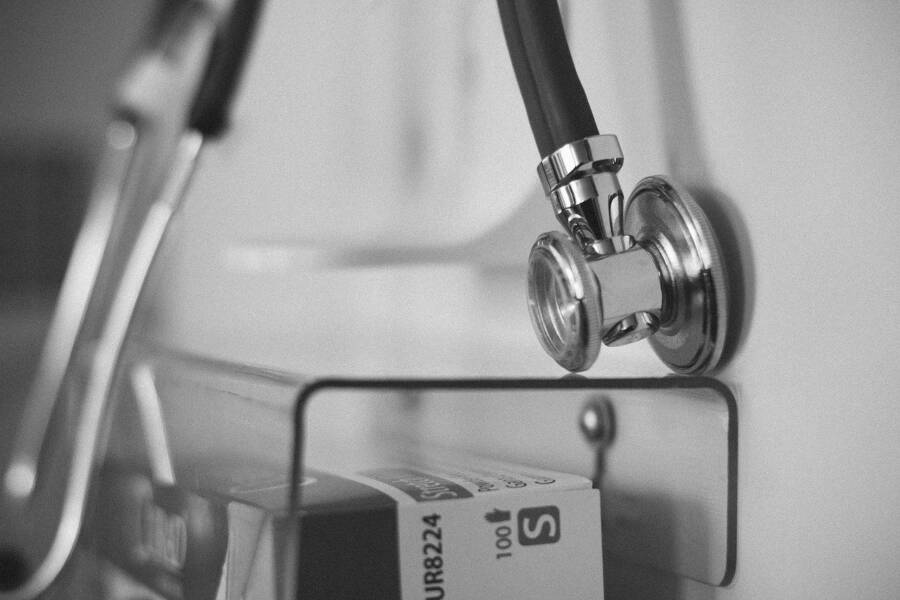In the financial year 2019/20, there were approximately 11,700 medical negligence claims reported to NHS England.
This is a large number, particularly when you consider the relatively advanced nature of medical technology and the level of investment that’s sunk into the public health service every year.
But what role can technology play in tackling and reducing medical negligence? We’ll explore this further in the article below.
The Rise of Machine Learning
Machine learning is one of the most exciting technologies in the modern age, and one that’s able to recognise patterns within existing algorithms.
One of the main benefits of machine learning is that it can sift through huge amounts of data in a relatively short period of time, making it much easier to identify specific results and findings that can highlight inefficiencies in reporting and recurring issues pertaining to diagnostic processes.
By collating and analysing huge datasets (including information from unstructured and disorganised sources), doctors can create a far safer and more efficient service while also focusing on patient care and the delivery of treatment.
Over time, this should actively reduce the number of medical negligence claims in the UK, saving patients huge amounts of money and emotional pain in the process.
Computer Diagnosis and Negligence
Machine learning is built on element of the human brain, while the concept also leverages computer algorithms to create far greater reach, scope and capacity.
Unlike the typical human brain, for example, a computer or advanced algorithm would have access to all the latest medical information across a broad range of specialties. This could also be automatically updated in real-time, whereas a human would have to seek out additional knowledge and learning materials.
In this respect, the notion of computer diagnosis may help to provide more accurate insight into patients’ symptoms and ailments, especially when combined with human doctors who can process the data and administer treatment.
The notion of collaboration is key here, as it enables patients to benefit from both innovative technology and the assurance (and empathy) provided by healthcare professionals.
Removing Specialty Bias
On a final note, we should recognise that specialty bias can play a key role in medical negligence claims.
More specifically, physicians are likely to diagnose and recognise treatment that they specialise in, with this often driven by a subconscious bias that can have an adverse effect on individual patients.
By working with dedicated and advanced diagnostic machines, however, specialists can directly check this type if subconscious bias and provide additional support that allows doctors to arrive at the right conclusion.
TechnologyHQ is a platform about business insights, tech, 4IR, digital transformation, AI, Blockchain, Cybersecurity, and social media for businesses.
We manage social media groups with more than 200,000 members with almost 100% engagement.









































